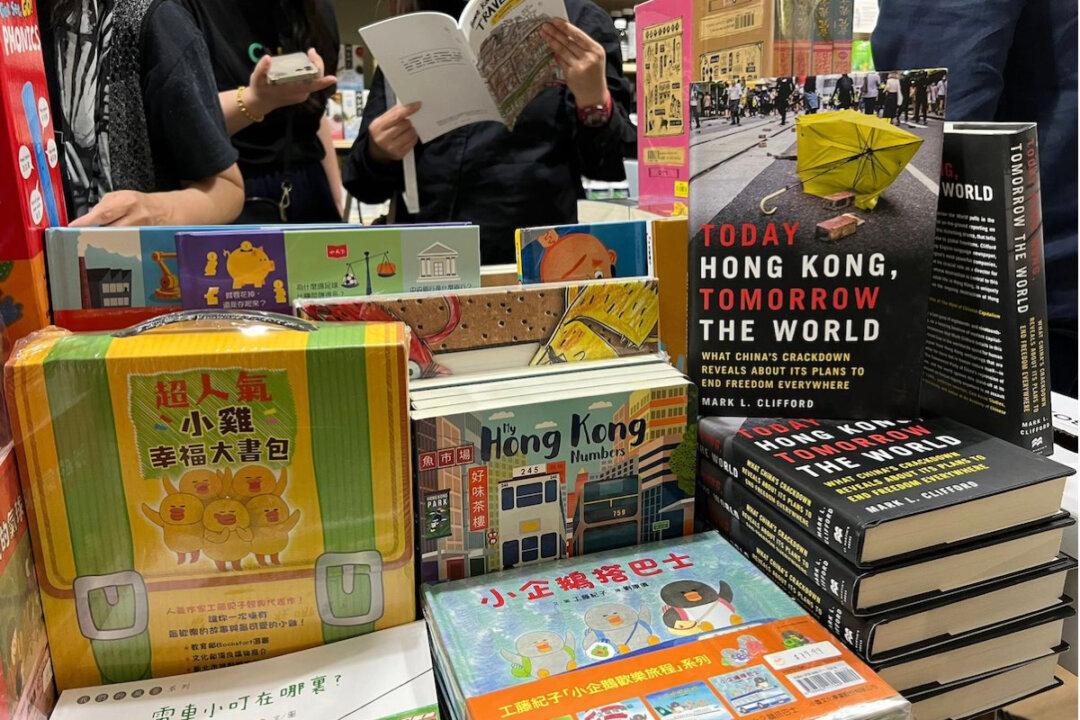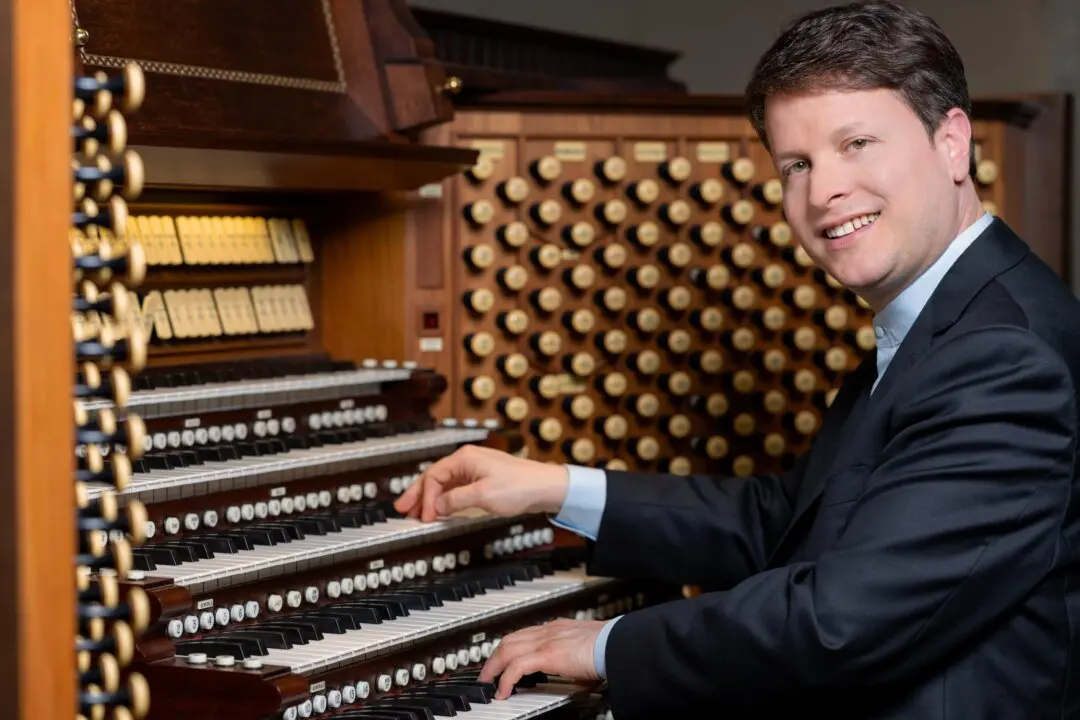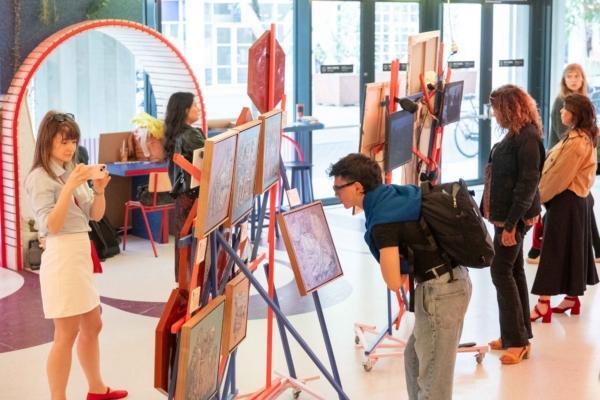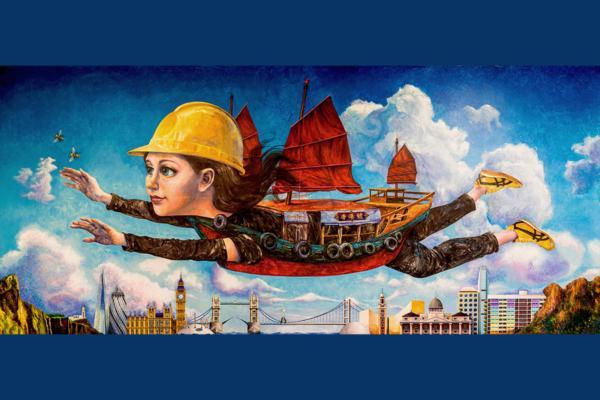Most of the latest wave of Hong Kong Emigrants have chosen the four cities of London and Manchester in Britain, and Toronto and Vancouver in Canada as their new homes. The Hong Kong parents in those cities are using DIY teaching materials at home to carry on the learning of the Cantonese language and traditional Chinese characters.
The World Hong Kong Forum was convened in Toronto in July by seasoned hedge fund manager Edward Chin. He described Hong Kong’s status quo as “the latter-half session of one country two systems: “Hong Kong’s core values are being destroyed. That’s why there is such a large outflow of Hong Kong people. How should we cope with the future?”




